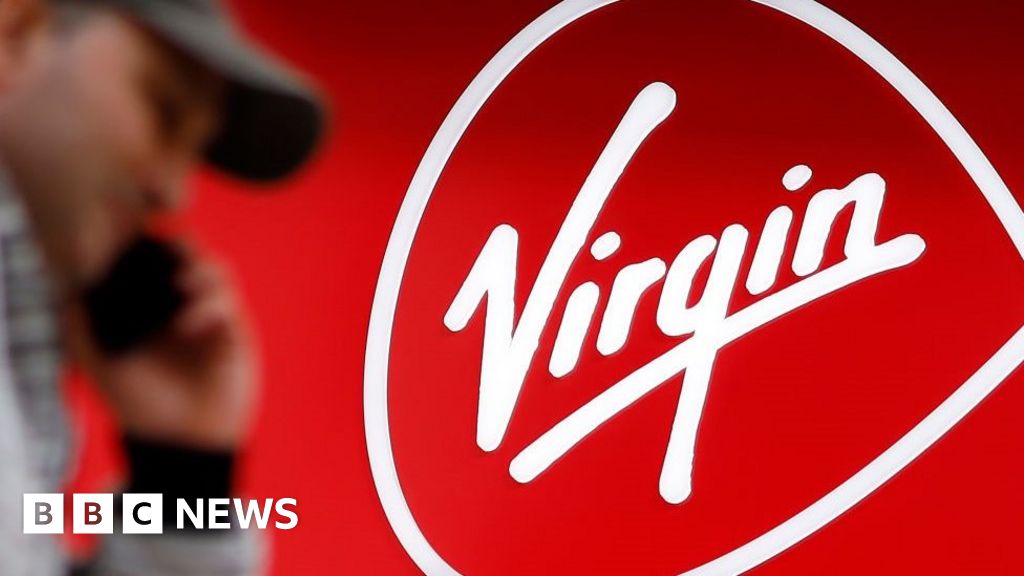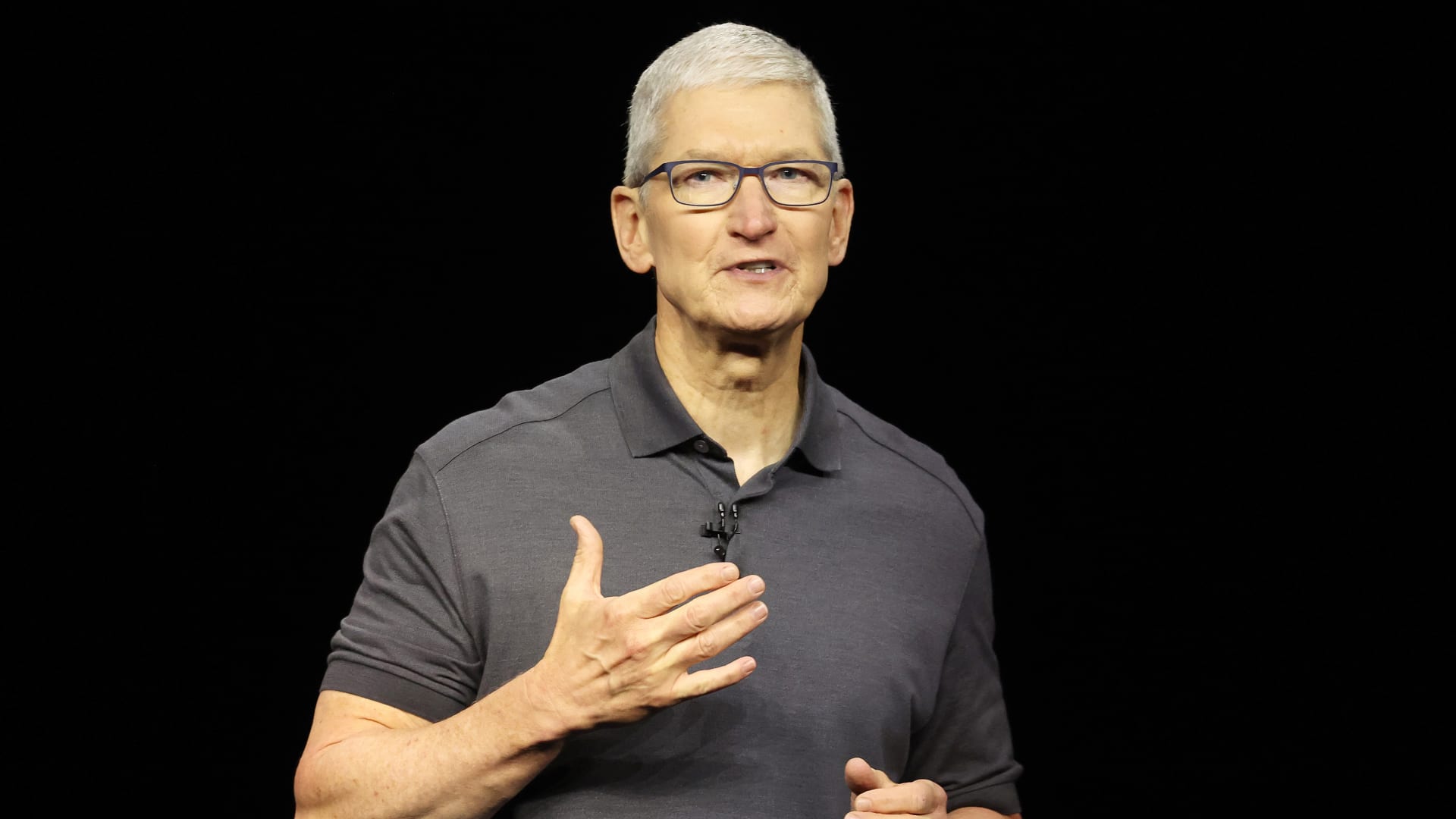The Battle For AI Supremacy Got Super Intense This Week, Risks Be Damned
No one has been able to shut up about artificial intelligence since OpenAI unleashed ChatGPT onto the world in November. But this week, there was so much AI chatter that even people who work in the field have been struggling to keep up.
First, Google announced that it was sprinkling AI dust on Gmail, Google Docs, Sheets, and Slides. When the changes eventually roll out, you’ll be able to have Google Docs write you an entire essay, cover letter, sales pitch, job description, or basically anything else you want. Gmail will be able to summarize email threads and compose replies automatically on your behalf, and you’ll be able to ask Slides to create an entire presentation with a few simple words. Google also opened up access to a system that will let other companies use its AI model to create their own ChatGPT-like tools.
Hours later, Anthropic, an AI startup in which Google recently invested more than $300 million, announced a new ChatGPT rival, a chatbot called Claude that it was making available to businesses.
Shortly thereafter, Open AI, the 800-pound gorilla in the room, noisily announced GPT-4, the next version of the tech that powers ChatGPT and DALL-E 2, the company’s image generator. OpenAI claimed that GPT-4 is significantly more powerful, accurate, and smarter than its previous version. The company said GPT-4 is capable of feats such as doing your taxes, creating entire websites by simply looking at a rough design scrawled on a piece of paper, and passing a bevy of standardized tests, including the Uniform Bar Exam.
This was just TUESDAY.
On Thursday, Microsoft made a splashy announcement, saying it would infuse boring old Microsoft Office — Word, Excel, PowerPoint, Outlook, and Teams — with shiny new AI capabilities thanks to the company’s partnership with OpenAI. Much like Google’s offering, the new Office will let you do away with the drudgery of writing, plus create slick PowerPoint presentations in seconds and make sense of complex Excel spreadsheets in response to your questions.
Meanwhile, there were other assorted announcements: Midjourney, a DALL-E 2 competitor, announced a new version said to be “more advanced” and “higher resolution.” Stanford University released its own AI model based on tech developed by Meta, and dozens of companies, big and small, sent out a flurry of press releases declaring that they were jumping on the AI bandwagon.
“This week is all about an AI arms race,” Neil Sahota, a lecturer at the University of California, Irvine, and an adviser to the United Nations on AI, told BuzzFeed News. “Everybody knows that it’s going to be the first one or two companies in the market that are really going to see the competitive advantage, because in probably four or five years, all of this will be commodity. Everyone wants to out-hype the competition right now, and no one wants to get left behind.”






